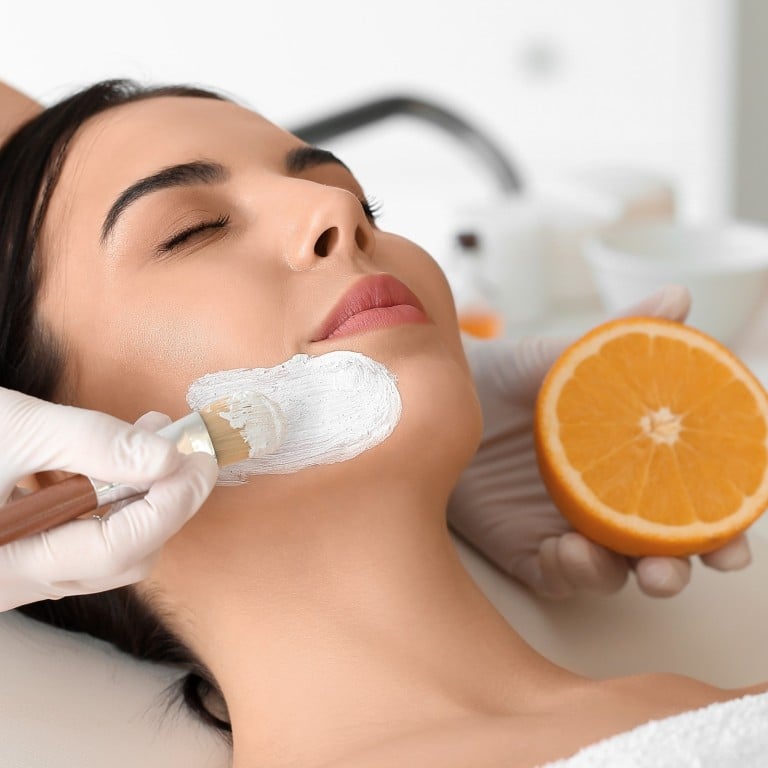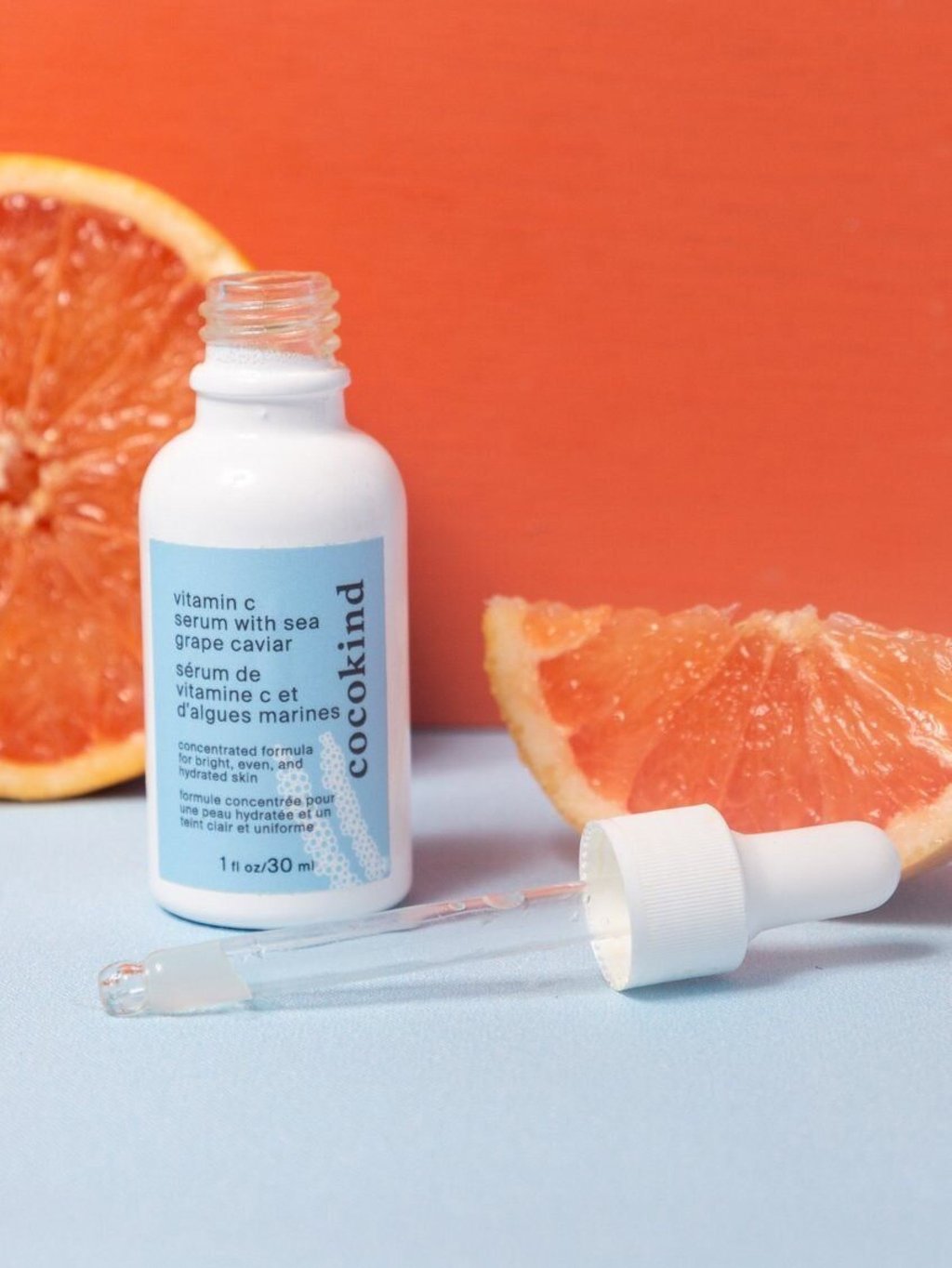Is vitamin C skincare’s rock star? The science behind the trendy ingredient: from how it’s formulated and packaged to alternative forms like tetrahexyldecyl ascorbate for sensitive skin

- Hailed as skincare’s rock star, vitamin C is an antioxidant that protects the skin from damaging free radicals, reducing dark spots and redness, and preventing premature ageing, so what’s the catch?
- Not all products on the market are created equal and for it to be effective, it’s important to look for other ingredients that boost stability and penetration, like vitamin E and ferulic acid
So, you’ve probably noticed all the buzz around vitamin C in skincare lately, right?
But does vitamin C actually live up to the hype? Let’s dig into the science of it all.
The exciting theory behind vitamin C

In theory, vitamin C sounds like a superhero for your skin. It’s an antioxidant, which means it can tackle those troublemakers called free radicals that speed up the ageing process.
Dr. Whitney Bowe, a New York dermatologist, says it can also kick-start collagen production, the stuff that keeps your skin looking firm and bouncy. This means it could help smooth out those fine lines and wrinkles over time. Plus, it’s said to be a champ at brightening dark spots by putting the brakes on an enzyme called tyrosinase, which causes skin discolouration.
Sounds pretty fantastic, right? But hold on, there’s a twist.
Why some vitamin C products miss the mark

But wait, there’s more! Even if the vitamin C manages to stay stable, it might not get past your skin’s outer layer. Your skin has this neat trick of repelling water-loving molecules like L-ascorbic acid, a common form of vitamin C found in many products, which means it might not penetrate deeply enough to work its magic.
